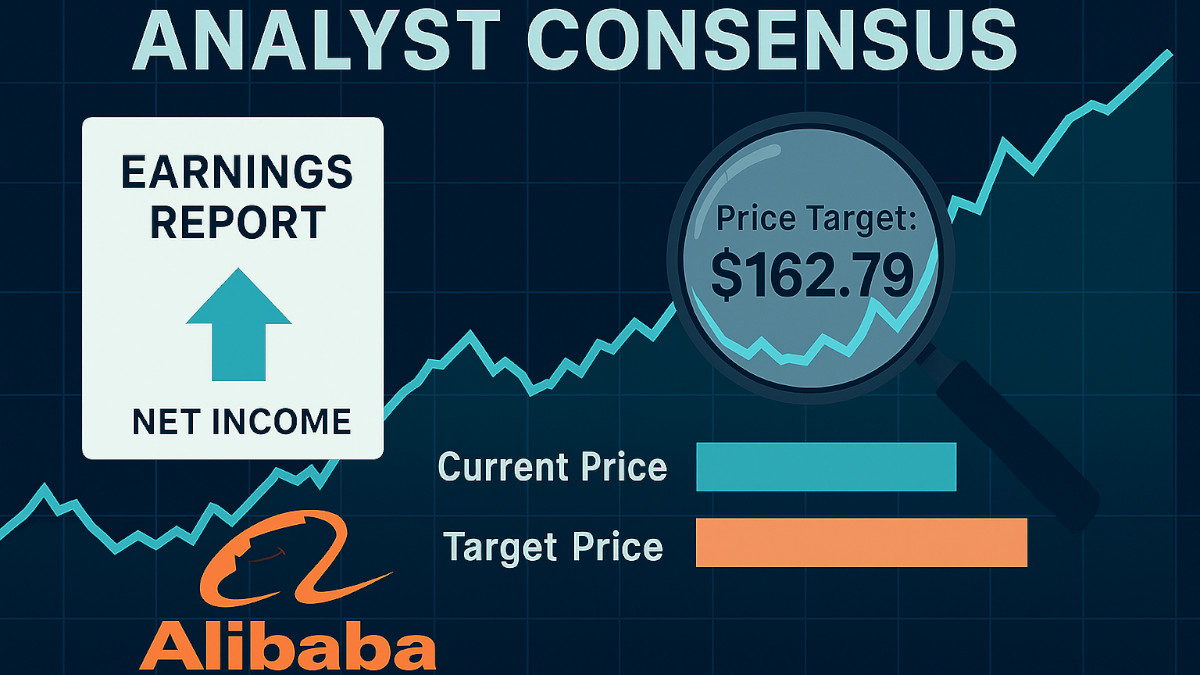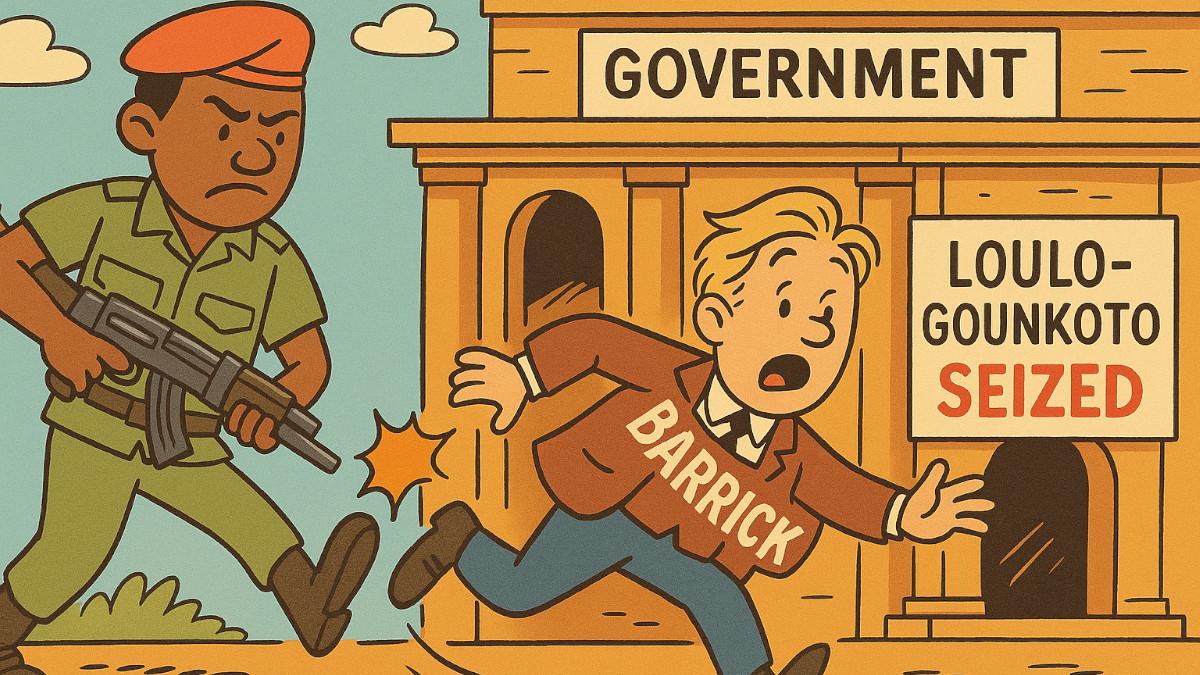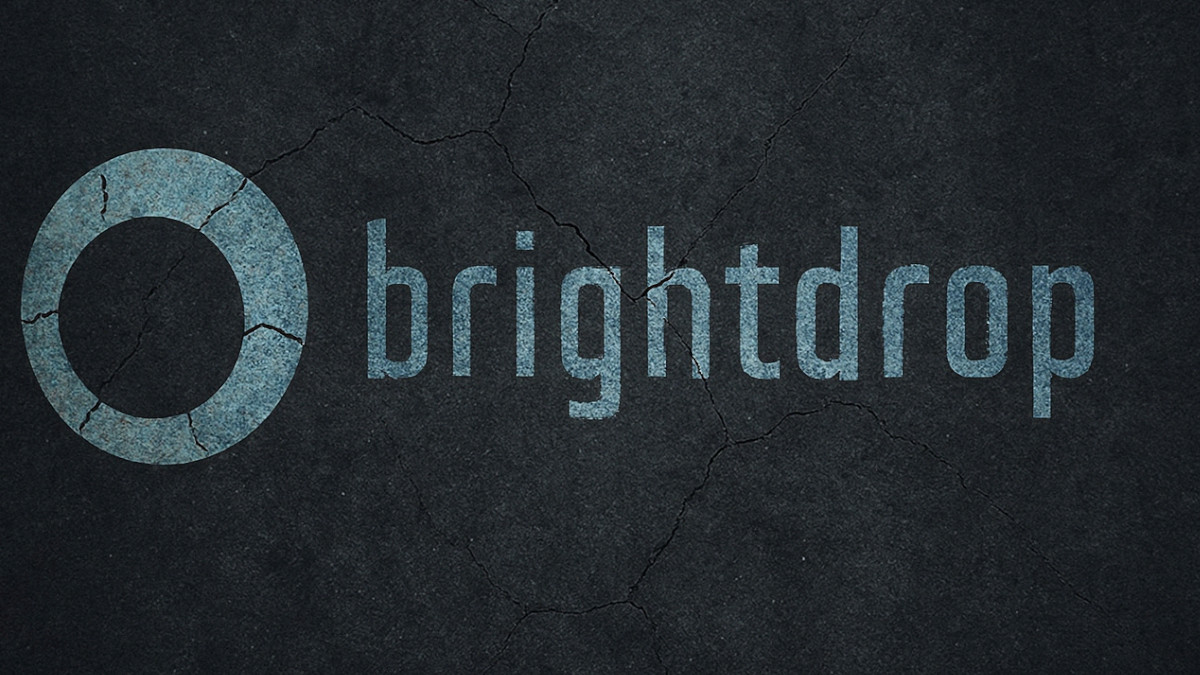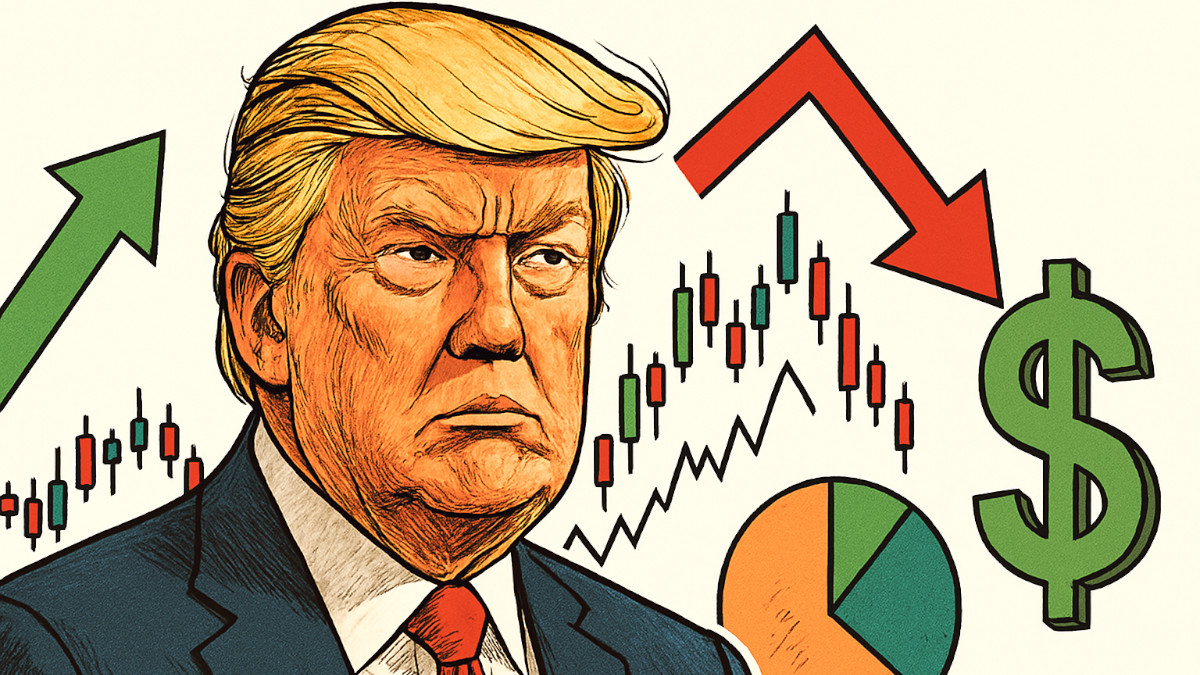NZD/USD Drops on Rate Cut Talk
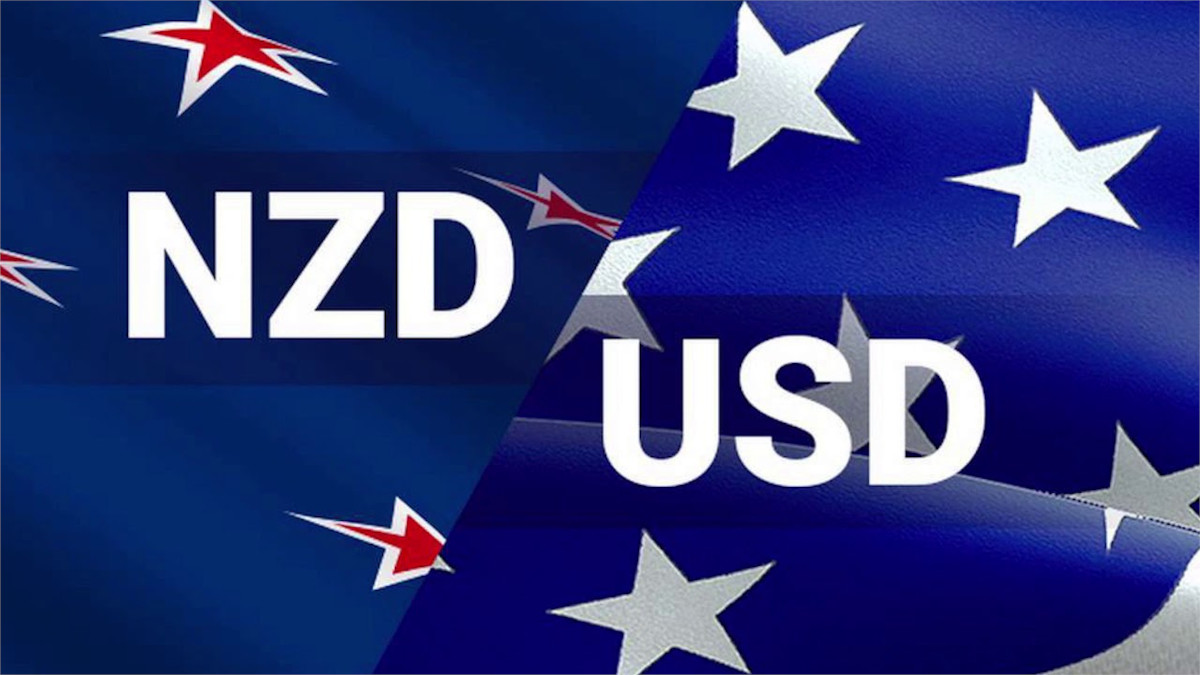
The fact that the market is pricing in rate cuts by the RBNZ (Reserve Bank of New Zealand) is putting downward pressure on the New Zealand dollar, nicknamed the "kiwi."
1․ Rate Cuts Anticipated: The market expects the RBNZ to cut interest rates at least twice in the remaining three meetings of 2024. This suggests the central bank believes the economy needs stimulus, which can weaken the currency.
2․ Timing and Impact:
- A full rate cut is most likely in October, but there's a ~60% chance it happens in August.
- By year-end, the market anticipates a total reduction of ~46 basis points (bps) in interest rates.
3․ Weaker Kiwi: This expectation of lower rates makes the kiwi less attractive to investors seeking higher returns. They might sell their kiwi holdings in favor of currencies with a stronger interest rate outlook. This selling pressure weakens the kiwi's exchange rate.
In simpler terms, if the RBNZ cuts rates, it becomes less profitable to hold onto kiwi dollars compared to currencies with stable or rising interest rates. This leads investors to sell their kiwi holdings, which drives the exchange rate down.
RBNZ Decision and Market Reaction
The Reserve Bank of New Zealand, as expected, kept interest rates unchanged at 5.5%. Despite the hold, the market anticipated future rate cuts. This anticipation caused the NZD/USD to initially drop from 0.6128 to 0.6075. The kiwi dollar (NZD) recovered slightly to around 0.6090. However, buyers are still cautious in the long run.
Technical Analysis
- Support Levels: The price action is hovering near the 100-day and 200-day moving averages, which act as support levels.
- Confluence: The support levels converge around 0.6067-82. If the price stays above this zone, buyers might remain active.
- Resistance Levels: Conversely, a break below this zone could signal renewed selling pressure, potentially pushing the price down to the previous lows of 0.6047-57.
Fundamental Analysis
Central Bank Divergence: The underlying reason for the potential downside is the difference in central bank stances.
- RBNZ: The RBNZ is hinting at rate cuts later in the year, suggesting a weakening economy that needs stimulus.
- Fed: The Federal Reserve is currently holding rates steady. This contrast can make the NZD less attractive.
Future Considerations
The upcoming US inflation report (CPI) could further influence the NZD/USD. A higher-than-expected inflation number might strengthen the dollar and weaken the kiwi.
Bottom Line
The market expects future rate cuts from New Zealand, which puts downward pressure on the NZD/USD. While the kiwi recovered slightly after the RBNZ decision, technical and fundamental factors suggest a possible further decline, especially if the US inflation data strengthens the dollar.



